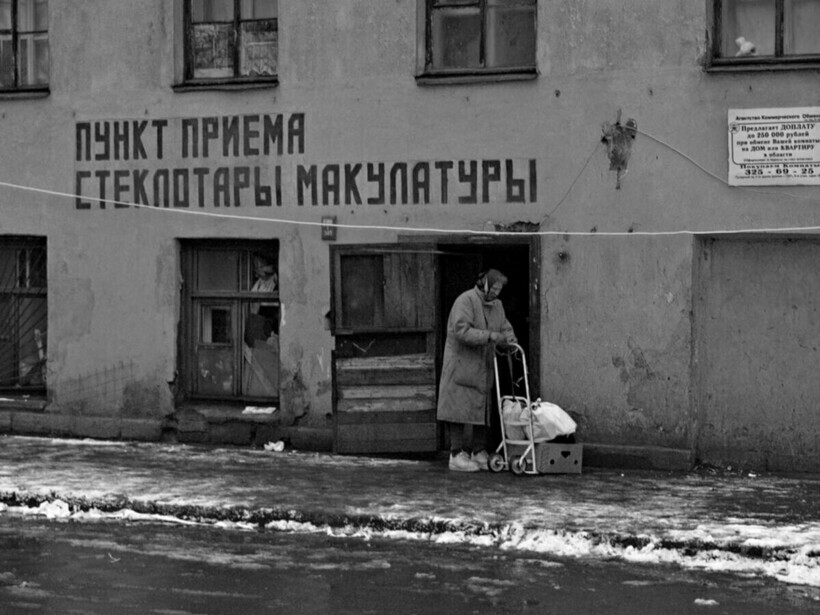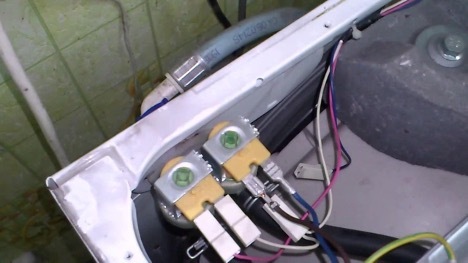The citizens of the Soviet Union had a slightly different attitude towards waste, unlike the current generation. In those days, the system for the delivery and recycling of garbage was clearly and strictly established, and the consciousness of people was quite well encouraged.
Today's authorities likewise want to urge the population to competent waste management, and they cite Soviet times as an example. We will tell you what good people got in the USSR if they parted with their garbage correctly, and why collection and sorting were so popular in those days.

@m.fishki.net
The content of the article
- Separate collection
- Passed the bottle - get a car!
Separate collection
Already in the early 20s of the last century, people began to instill a conscious attitude towards those goods that were often used. Gradually (but surely) waste collection activities were organized, due to which any polymers, textiles materials, as well as rubber, glass containers and waste paper began to be classified as different types of waste, which were subject to repeated processing. The delivery of raw materials and the competent distribution of resources is precisely the Soviet tradition that should be missed in today's reality, and which, of course, should not be forgotten.
The authorities of the USSR very meticulously thought out and organized a waste recycling system, to the point that spending on it was invested in the cost of the processed product itself. Of particular importance in this scheme were the reception centers that were located throughout the country. It was these points that could boast of an unprecedented queue, since ordinary Soviet citizens were in a hurry to hand over any permitted waste, and this event became very popular.
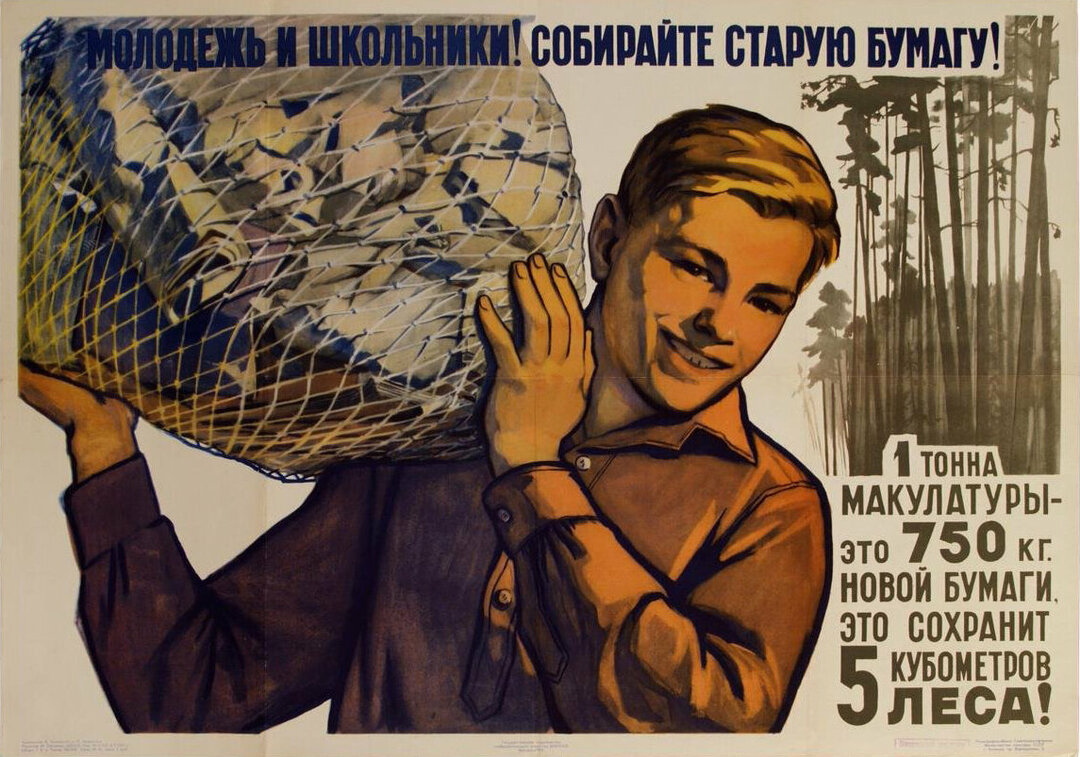
@econ.msu.ru
Absolutely everyone was involved in the process - adults, children, and the elderly. But young people especially liked it, and it was designed, one might say, precisely for this category of citizens. Already at school, children were encouraged to carry glass containers and old newspapers, and in order to have more excitement, competitions were organized in which a schoolboy who collected the maximum number of products for processing could win various prizes: from a diploma to a holiday in the summer camp. In those days it was an undoubted success.

Passed the bottle - get a car!
The authorities quite actively and enthusiastically motivated adults to donate waste. For example, any type of raw material had a specific price, and sometimes the reward was quite substantial. So, for 2 empty containers from under dairy products, you could buy a new one, but only filled with your favorite drink: yogurt, kefir and other goodies.
After a while, at the points of reception, they began to accept another type of glass containers - from under water or vodka. And they were much more expensive. According to rumors (believe it or not, it's up to you), some citizens were so diligent in handing over glass containers that they even managed to buy either a car or an apartment with the proceeds.
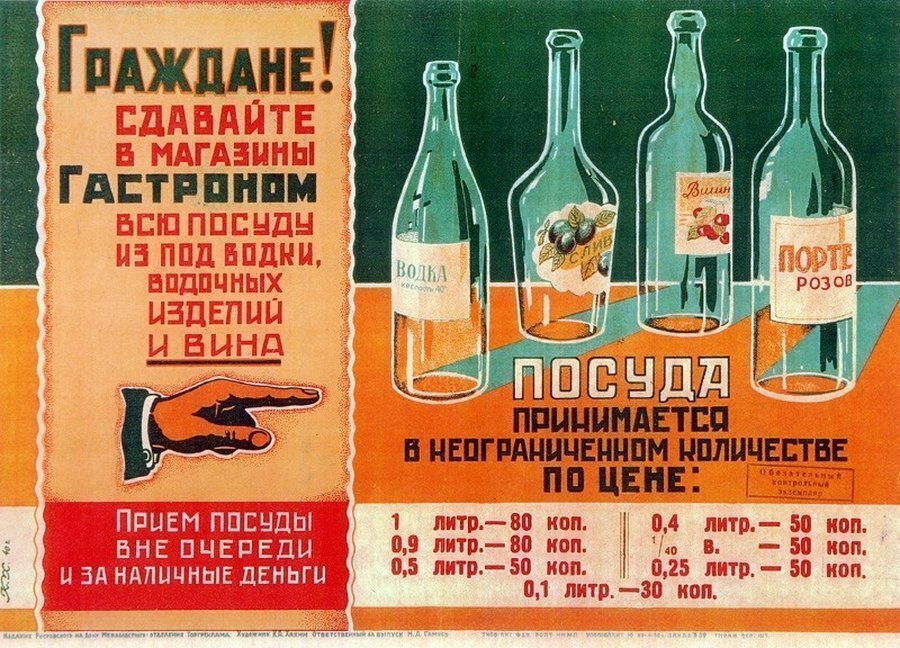
In addition to being rewarded in the form of money, people had the opportunity to receive something from a scarce category of goods. For example, scented soap, laundry detergent, unique books and many other things that were quite desirable and rare at that time.
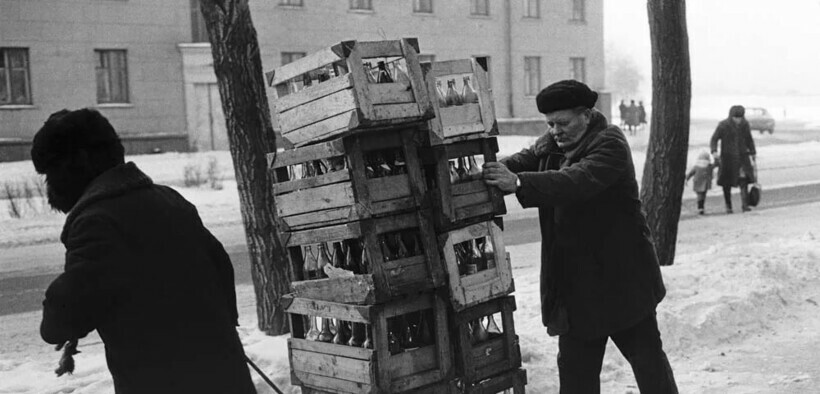
Unfortunately, today the system for collecting and processing waste is practically undeveloped. People are not as conscious of this event as in the USSR. If Russians are engaged in sorting, then only in large cities, and in small villages, even the problem with garbage collection has not yet been solved. What is there to say about sorting?!
